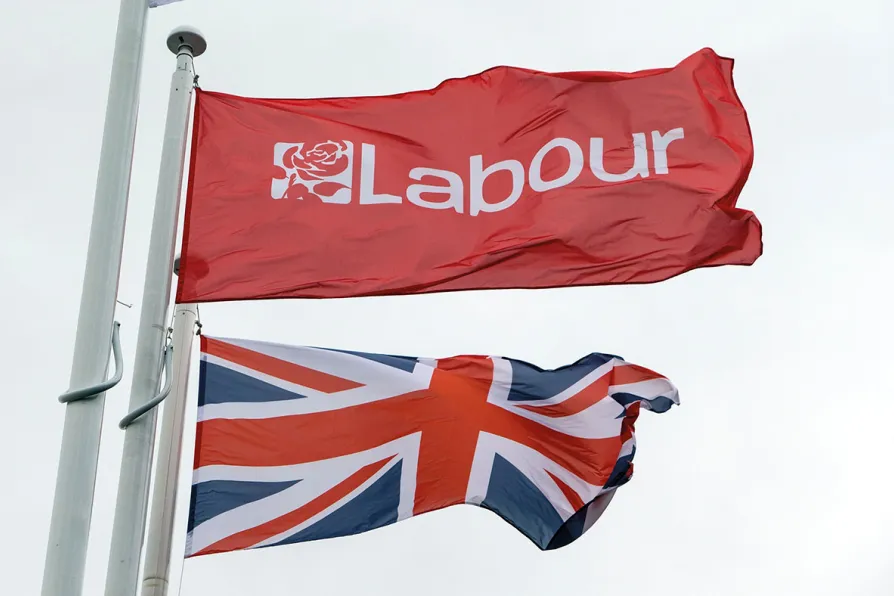RAMZY BAROUD sees Gaza abandoned while the genocide continues


LABOUR’S leadership is now actively trying to disappoint Keir Starmer fans by jettisoning plans like his £28 billion “green prosperity investment.” While even Starmer-supporting pundits now feel sad about Labour’s ever-shrinking “offer,” one group remains enthusiastic: corporate lobbyists.
The lobbying firms, who act as hired guns for corporations seeking political influence are rounding up even more Labour insiders to join their posses.
Former Sadiq Khan adviser Ben Johnson is one of the latest examples of this rush of former Labour folk saddling up to ride out with the lobbyists. In February Johnson left London City Hall to join lobbying firm The Blakeney Group. The firm boasted about the hire to clients under the headline “Labour policy chief joins Blakeney.” Johnson joins some other Labour insiders-turned-lobbyists at Blakeney. Former Labour MP Melanie Onn is “senior counsel” at Blakeney, while “former Labour senior policy adviser, Dan Hogan” — a former “aide to Jonathan Reynolds” according to the firm — is also a Blakeney director.

Martin Taylor, the hedge-fund multimillionaire who has poured millions into pushing Labour rightwards, helped finance Lucy Powell’s supposedly dissenting campaign — suggesting her victory was not the ‘soft-left’ rebellion some have claimed, says SOLOMON HUGHES













